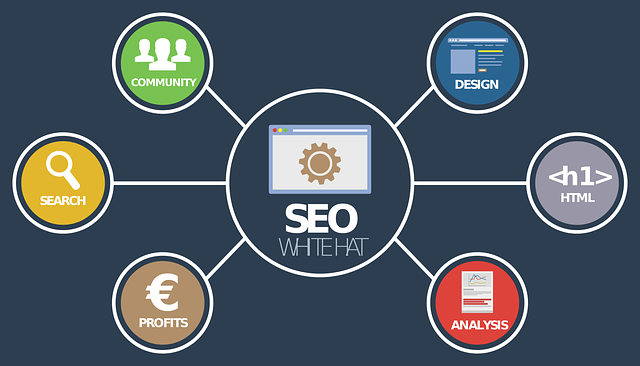AI Business Intelligent Workflow Automation transforms operations by automating tasks using advanced algorithms, enhancing efficiency, and reducing errors. Among its key applications are AI competitor price tracking tools, which continuously monitor market prices, analyze trends, and provide real-time insights. These tools mimic human decision-making but operate with unmatched speed and precision, leveraging data from sales records, competitor strategies, and customer behavior to optimize pricing opportunities. This ensures businesses stay competitive, maximize profitability, and maintain their market position. AI competitor price tracking tools have become indispensable for maintaining a competitive edge in dynamic markets, offering advantages like identifying pricing gaps, understanding market trends, adjusting strategies in real-time, and predicting future shifts for proactive optimization.
In today’s competitive landscape, businesses seek efficient ways to optimize operations. AI Business Intelligent Workflow Automation emerges as a game-changer, revolutionizing traditional processes. This article explores the transformative power of this technology, focusing on its key components. We delve into understanding the fundamentals and the role of AI competitor price tracking tools in enhancing efficiency. Additionally, we provide insights on implementing AI for seamless workflows and significant cost savings, showcasing how businesses can thrive in a digital era.
- Understanding AI Business Intelligent Workflow Automation
- The Role of AI Competitor Price Tracking Tools
- Implementing AI for Seamless Workflows and Cost Savings
Understanding AI Business Intelligent Workflow Automation

AI Business Intelligent Workflow Automation is a transformative process that leverages advanced artificial intelligence algorithms to streamline and optimize business operations. By automating repetitive tasks, this technology enhances efficiency, reduces human error, and enables businesses to make data-driven decisions faster than ever before. One of its key applications lies in competitive price tracking, where AI tools can continuously monitor market prices, analyzing trends and providing real-time insights.
These intelligent systems are designed to mimic human decision-making processes but with unparalleled speed and precision. They collect and process vast amounts of data from various sources, including sales records, competitor pricing strategies, and customer behavior patterns. This data is then used to identify opportunities for price optimization, allowing businesses to stay ahead in a competitive market. AI competitor price tracking tools, for instance, can alert companies to price changes among rivals, enabling them to respond swiftly with their own adjustments, thereby maximizing profitability and maintaining market position.
The Role of AI Competitor Price Tracking Tools

AI competitor price tracking tools have become indispensable for businesses aiming to stay ahead in today’s dynamic market. These innovative solutions leverage machine learning algorithms to continuously monitor and analyze pricing strategies employed by rivals, providing valuable insights into market trends and competitive landscapes. By automating the process of gathering and interpreting data, these tools empower companies to make informed decisions promptly.
One of the key advantages is the ability to identify pricing gaps and opportunities. Businesses can quickly understand where they stand relative to competitors, enabling them to adjust their own pricing strategies accordingly. This real-time price tracking facilitates dynamic business responses, ensuring that pricing remains competitive while maximizing profitability. Moreover, AI competitor price tracking tools often include predictive analytics features, forecasting future market shifts and helping businesses stay proactive in their approach to pricing optimization.
Implementing AI for Seamless Workflows and Cost Savings

Implementing AI in workflow automation can significantly streamline business operations, leading to improved efficiency and substantial cost savings. Artificial intelligence algorithms are adept at processing vast data volumes, enabling automated tasks such as competitor price tracking. By leveraging AI tools, businesses can continuously monitor market trends and adjust their pricing strategies accordingly, ensuring they remain competitive without manual intervention.
This automation not only saves time but also reduces human error, allowing companies to allocate resources more effectively. With AI handling repetitive tasks, employees can focus on strategic initiatives, fostering a more productive work environment. Additionally, the ability to analyze market dynamics in real-time provides businesses with a significant advantage over competitors who rely solely on manual price tracking methods, thus optimizing their pricing strategies and maintaining profitability.
AI business intelligent workflow automation is transforming the way businesses operate by streamlining processes, enhancing efficiency, and reducing costs. As we’ve seen, leveraging AI for tasks like automated data collection, predictive analytics, and competitive price tracking tools can significantly improve productivity and profitability. By implementing these technologies, companies can navigate markets more effectively, adapt to changing trends, and maintain a competitive edge in today’s digital landscape.
